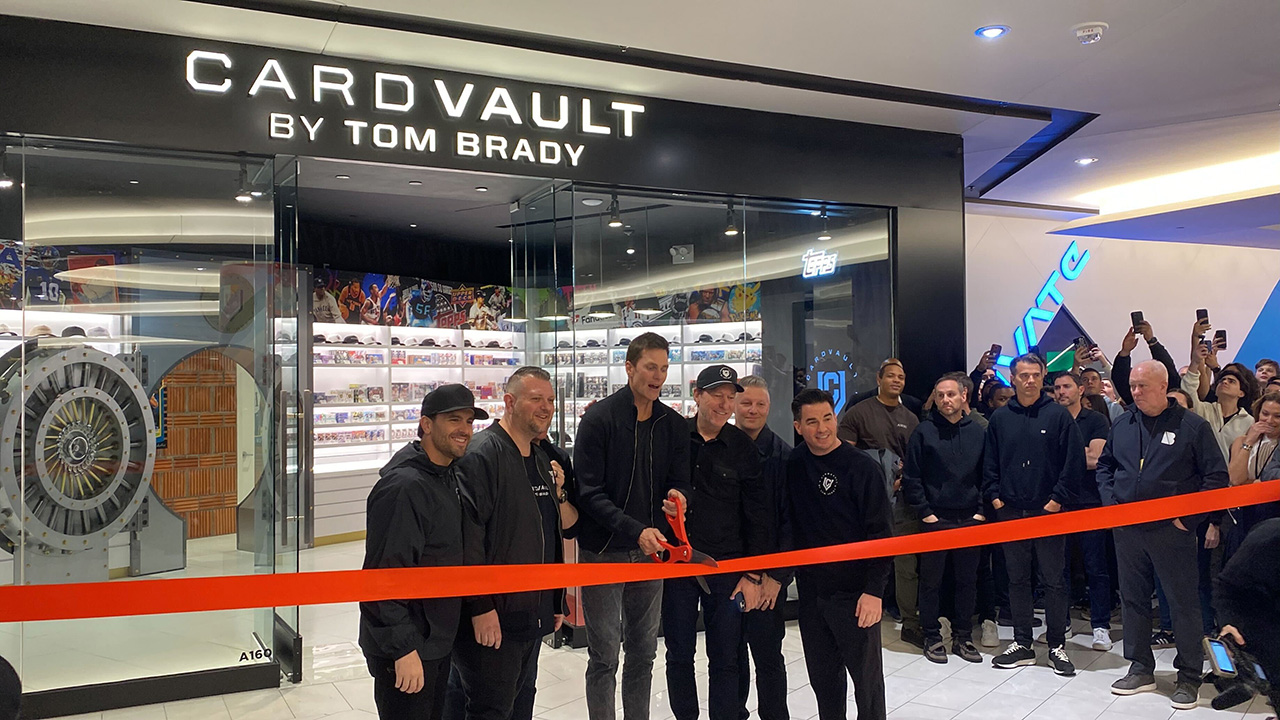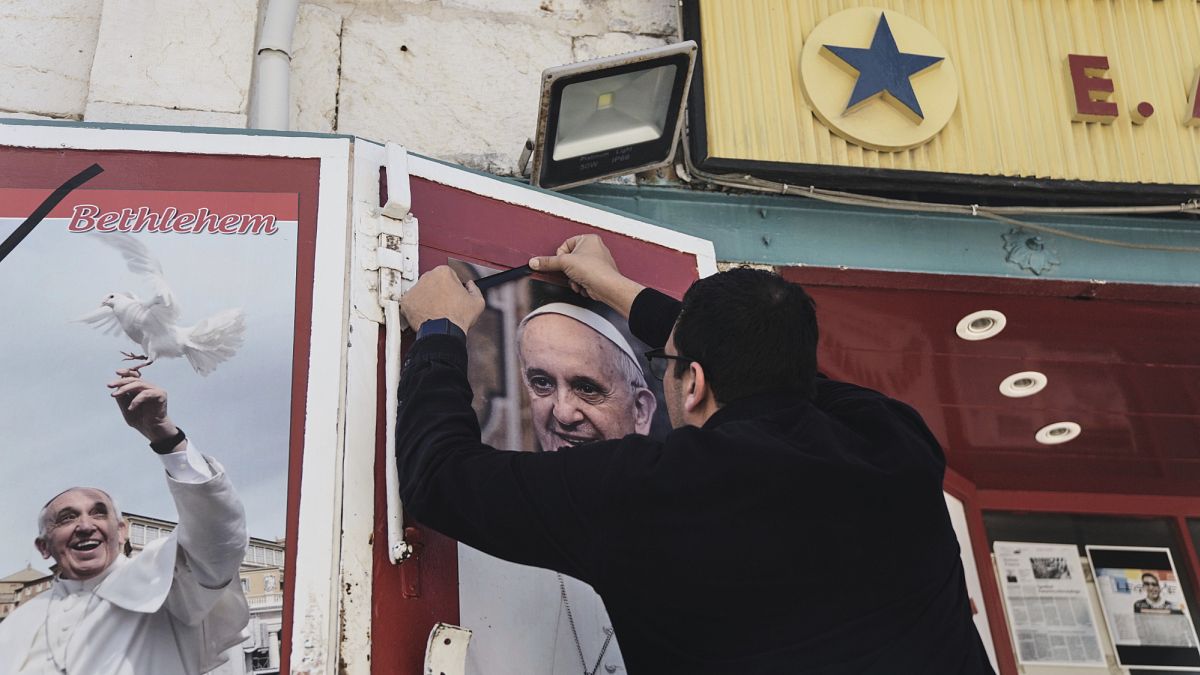Austria’s European Minister Plakolm calls for speed in EU enlargement: Accession by 2030 desired
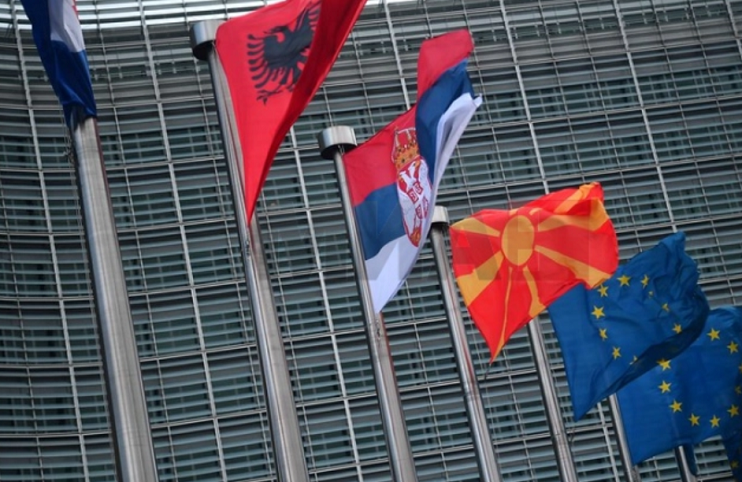
Vienna – Austria’s European Minister Claudia Plakolm (ÖVP) calls for more speed in EU enlargement. “Finally, tangible steps for the population must be taken in the Western Balkans,” Plakolm said in an APA interview. She hopes that the EU will accept its first candidate countries “in a few years,” certainly by 2030. In light of US President Donald Trump’s aggressive tariff policy, she demands that Europe must “take the reins of action into its own hands,” instead of just hoping.
“No progress in the Western Balkans for over 20 years”
Plakolm criticizes that “we have been talking about the Western Balkans for over 20 years, but no significant progress has been made because neighboring countries are mostly hitting the brakes.” In this context, Plakolm can also imagine a limitation of veto powers in the EU. It would be “more sensible to be able to make some steps faster and then return to unanimity at the end of the entire process. But I do think it is important that we find unanimity and dialogue on central issues.”
The EU risks losing credibility in the Western Balkans, warned the European Minister. “There is a danger that if we miss European integration, the Western Balkans will become a plaything of other geopolitical powers,” she said, in an obvious reference to the attempted regional influence of great powers like Russia or China. “One can feel, especially when we think of the demonstrations in Serbia, that the population is more ready than ever for reforms, for European integration, and that they now finally need tangible improvements. It is evident that this is also supported by youth, by students who take to the streets and demand things from politics,” explained the 30-year-old Minister for Europe, Integration, and Family.
The EU should allow advanced candidate countries to participate in EU programs as part of a “gradual integration,” Plakolm advocated. “This can happen, for example, through better economic cooperation with tangible benefits for the population and for businesses in the Western Balkans, which of course comes with obligations. One can already take one step at a time and expand or start European programs in countries that are already well on their way.” Plakolm classified Montenegro, North Macedonia, and Albania as the most advanced EU candidate countries. When asked whether accession for these countries by 2030 is realistic, the European Minister said: “Hopefully, I would wish for that.”
“Western Balkans significantly ahead of Ukraine”
That Ukraine has received EU candidate status was a geopolitical decision,” said Plakolm. It is clear, “that we, as Austria and as the European Union, commit to supporting Ukraine. Because a country was attacked on February 24, 2022, on European soil. And a stronger alignment with our European principles, with our values, can only be beneficial.” However, even if Russia’s war of aggression finds a swift end, “Ukraine will not be ready to become a member state of the European Union overnight.” This process has taken over 20 years for some countries, Plakolm reminded, adding: “In this regard, the Western Balkans is significantly ahead of Ukraine.”
Plakolm finds little merit in the proposed EU accession of Canada, suggested by former German Foreign Minister Sigmar Gabriel, which vehemently opposes Trump’s annexation ideas. “There are enough candidate countries in the waiting room.” However, especially regarding Canada, it is central that the EU strengthens its international partnerships.
“Europe as an old ship in the sea”
In light of the “global storm” currently sweeping around the globe, not least due to US President Donald Trump’s bold tariff policy, the ÖVP politician called for European self-confidence: “It is important that we do not withdraw as Europe, that we focus on our strategic sovereignty, are not dependent on the grace of others, and are perceived as a strong partner in the world, and not as a plaything between global powers.” Plakolm compared Europe in the APA interview to an “old ship” that stands in the sea hoping that the wind will finally blow from the right direction. “But actually, one could also turn the sails oneself to benefit from it.”
Should the EU then also conclude the trade agreement with the Mercosur countries of South America? In this regard, Plakolm, who recently participated in a video conference of Mercosur-critical EU countries at France’s initiative, sees a need for further discussion. “Austria is not alone. It is important that we find ways to address these concerns. While it is important that we find a smart middle ground so that we can tap into this new sales market for our industry – especially the automotive industry. In Austria, we now earn two out of three euros through exports. And that is why it is so important that we can focus more on international partnerships.”
Plakolm welcomes the plan proposed by the EU Commission to strengthen Europe (ReArm Europe Plan/Readiness 2030). “I am very glad that we see our own responsibility by putting ourselves on solid ground regarding our defense and our military capability.” Austria will take advantage of the opportunities that arise within the framework of its constitution, especially regarding financing.
Austria’s position on the EU budget as a net payer remains unchanged
Regarding the upcoming negotiations on the next EU multiannual budget after 2027, Plakolm emphasized that Austria, which is currently struggling with a high budget deficit, wants to continue advocating for a frugal budget. “Our position remains unchanged, as our status will also remain unchanged, that we are net payers in the European Union. Therefore, we naturally advocate for careful and wise management of the financial resources of the European Union. There would be a certain efficiency potential, savings potential if we lose less in details and minutiae. So it should also be reflected in the multiannual financial framework that we focus on the big questions: security, defense, and asylum and migration, competitiveness.” When asked whether the planned European air defense project Sky Shield could also be supported by the EU, Plakolm said: “Such things can also be considered, yes.”
Do not refuse dialogue with Orbán
The European Minister refrains from criticizing Hungary’s blocking stance towards EU decisions. “What has always made Europe strong is dialogue,” she emphasized. When asked whether she finds the mood against the EU, promoted by Hungary’s Prime Minister Viktor Orbán, acceptable, Plakolm replied: “No. And we address these things very clearly. But I believe it actually only strengthens the position of a single member state if one refuses dialogue.” Hungary’s intention to withdraw from the International Criminal Court (ICC) must be accepted, as each country decides for itself. Even large democracies like the USA or Israel are not part of the ICC.
Consequences for digital platforms demanded
Regarding large digital platforms like TikTok, Plakolm advocates for stronger regulation by the EU. “We have a regulatory framework with the Digital Services Act (DSA). This framework must be implemented and function. We must have the ability to demand consequences from platforms that do not want to cooperate, that are not willing to delete radical, democracy-endangering content, extremist content.” However, a ban can only be a last resort, as the problem would otherwise just shift to other channels. (10.04.2024)
What's Your Reaction?
 Like
0
Like
0
 Dislike
0
Dislike
0
 Love
0
Love
0
 Funny
0
Funny
0
 Angry
0
Angry
0
 Sad
0
Sad
0
 Wow
0
Wow
0






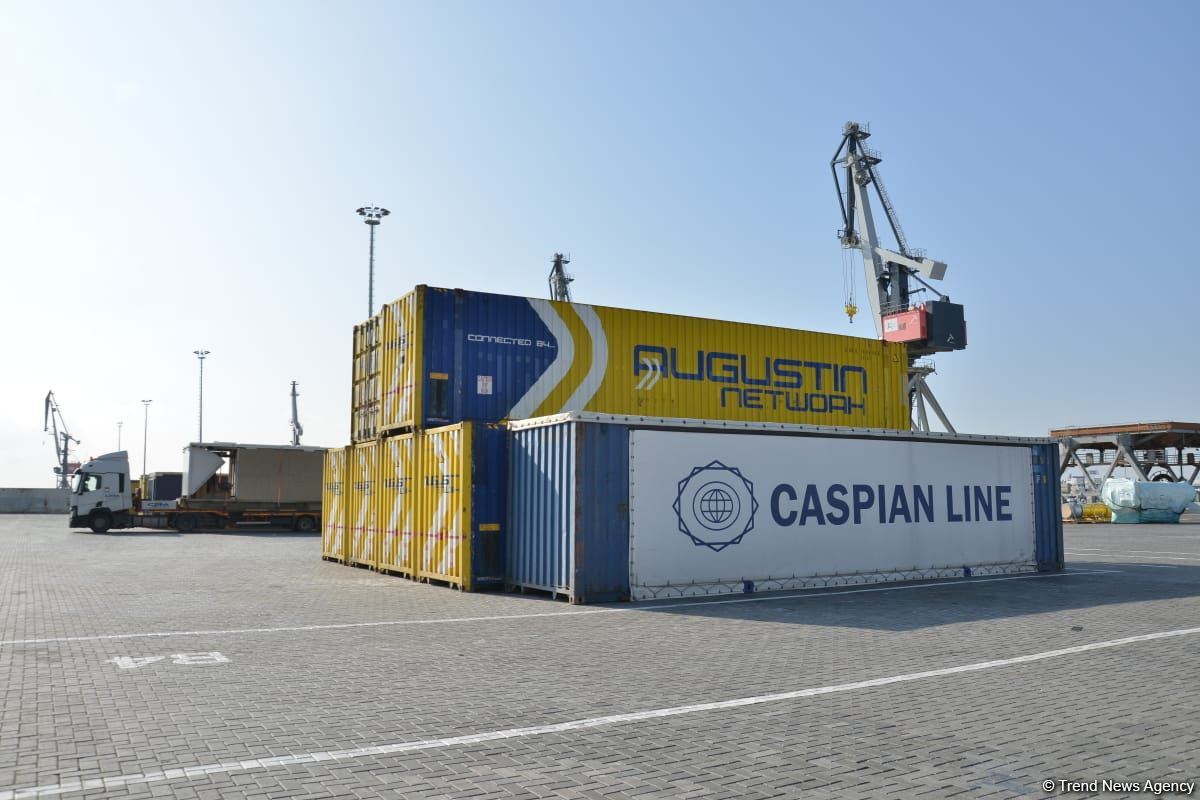
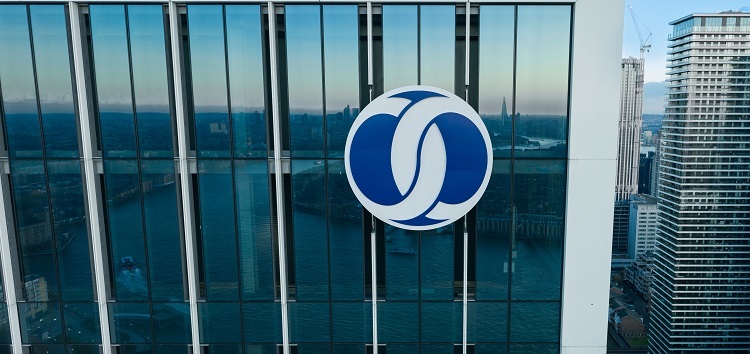
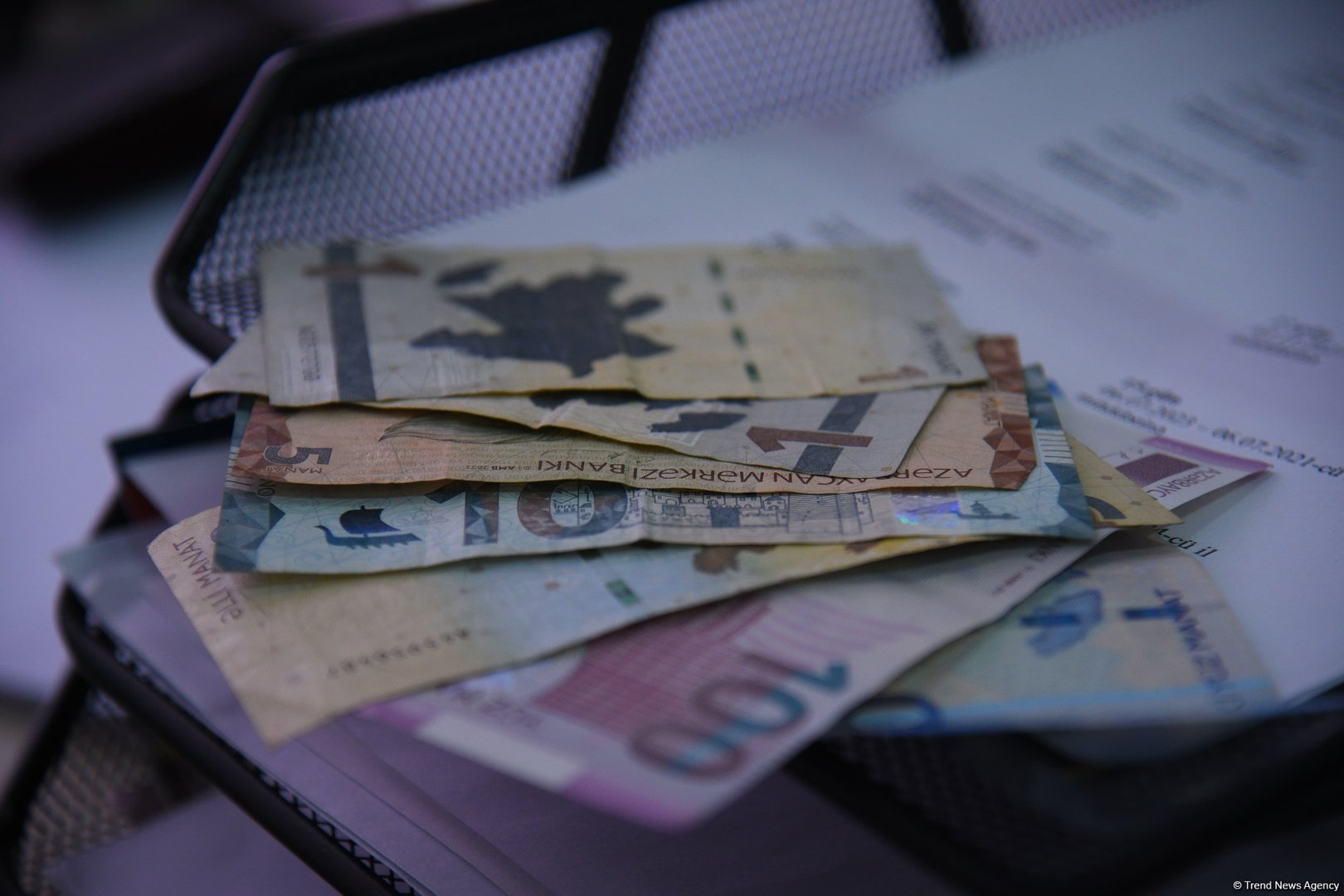














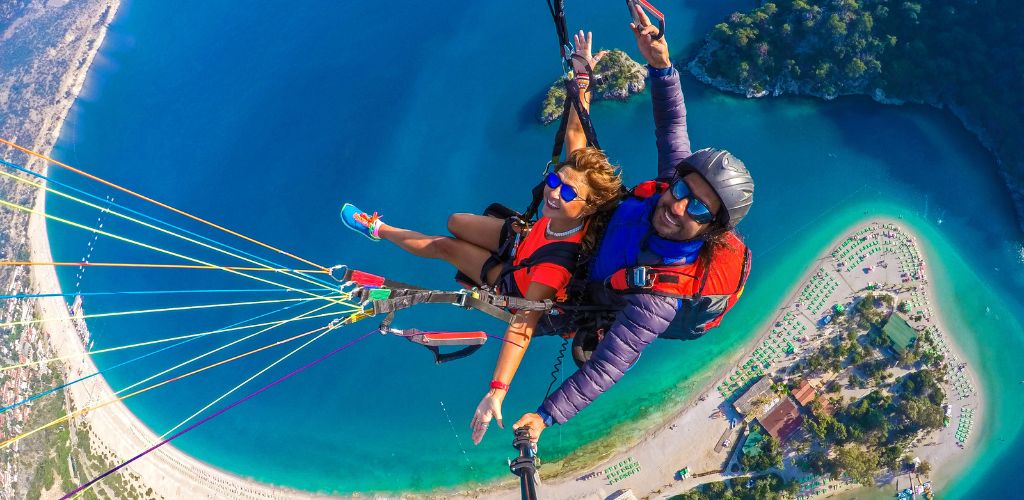


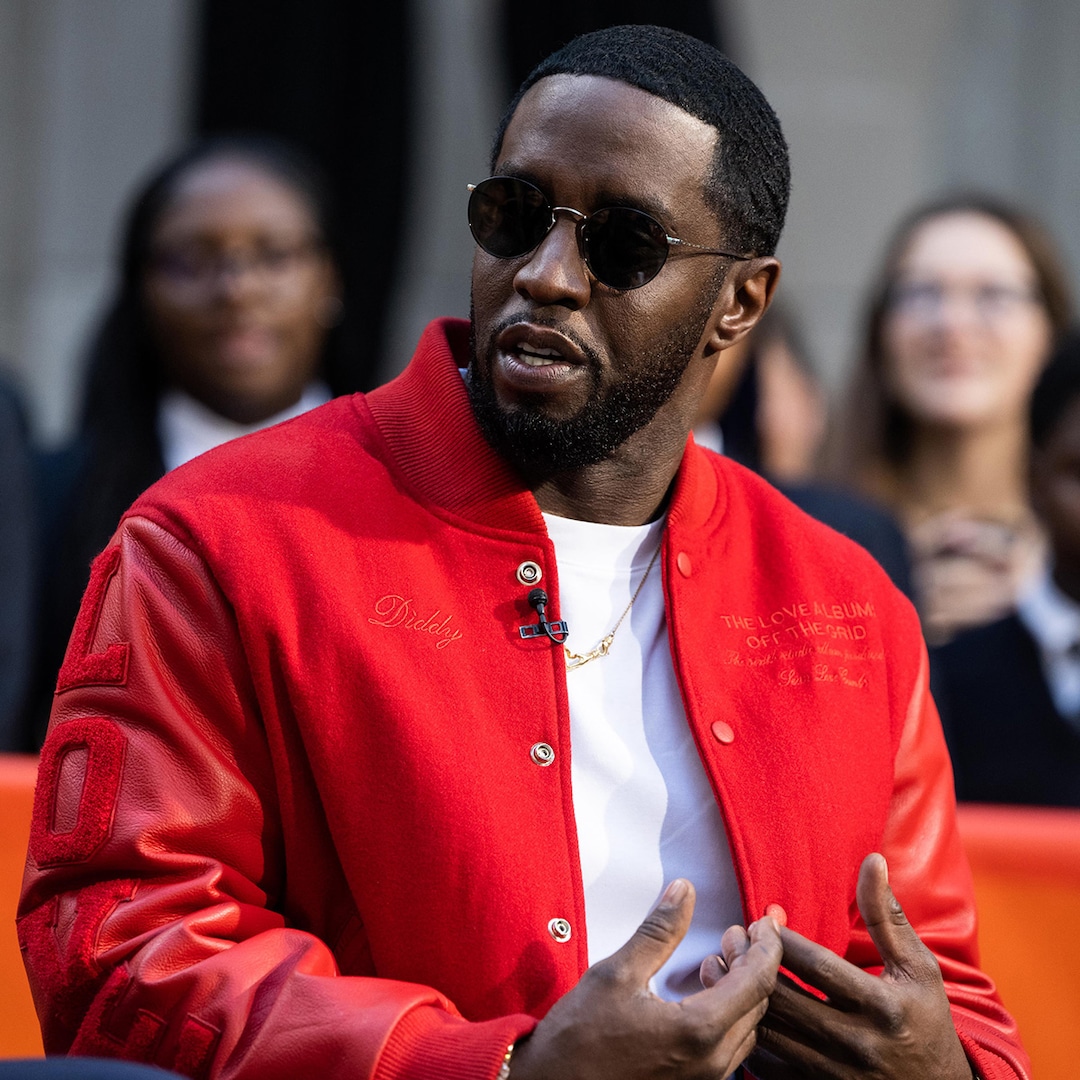


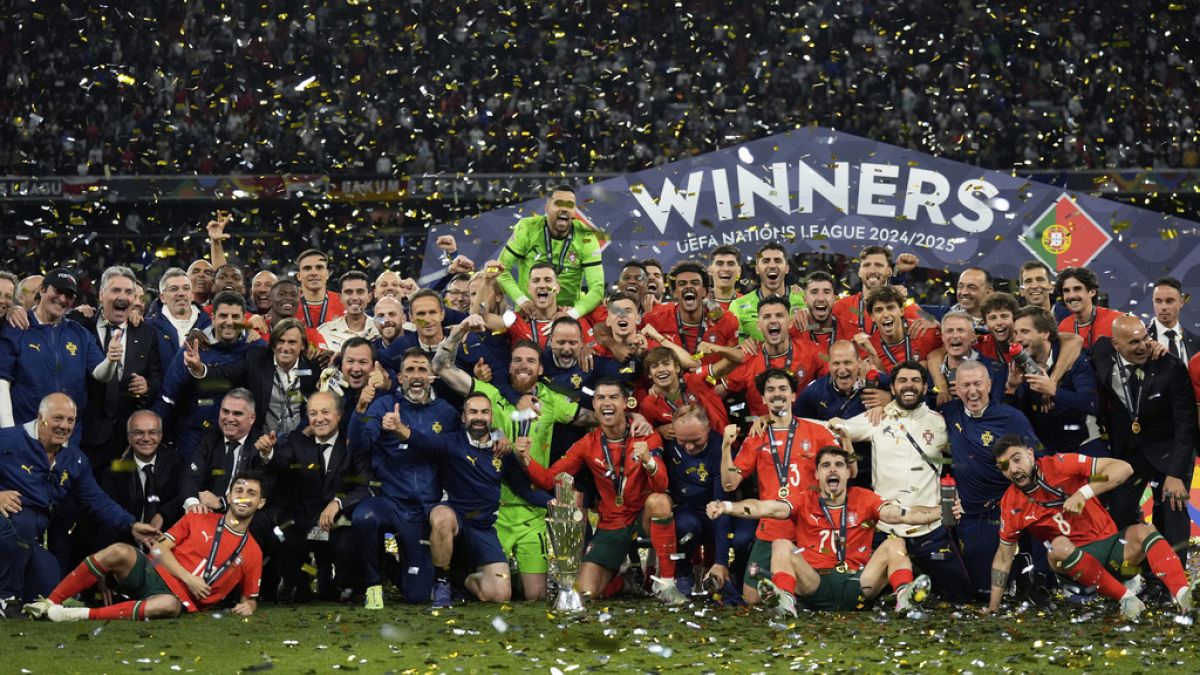










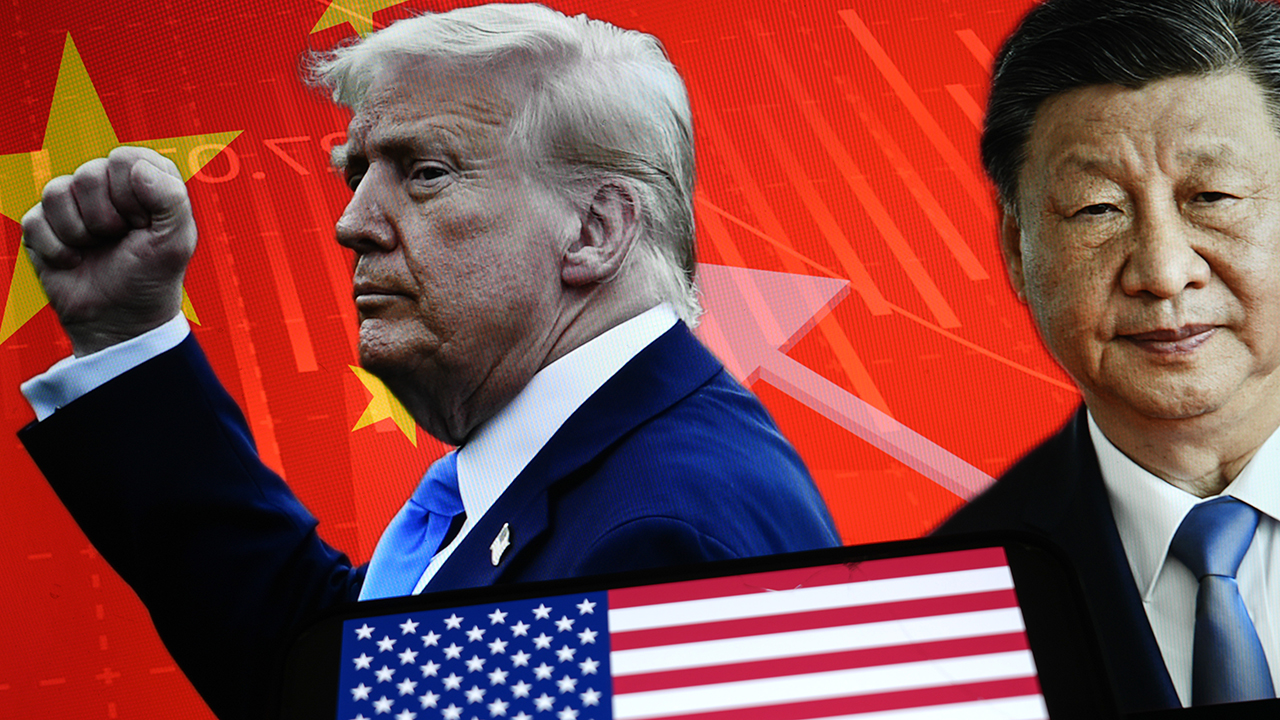


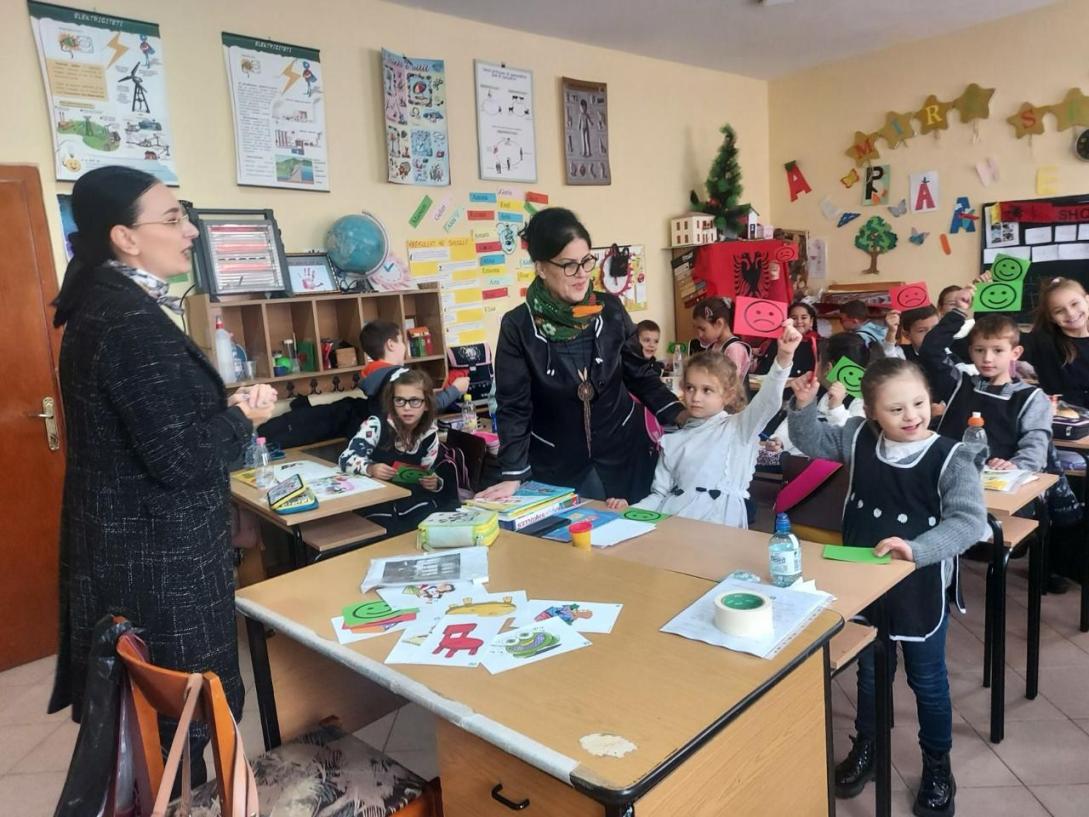
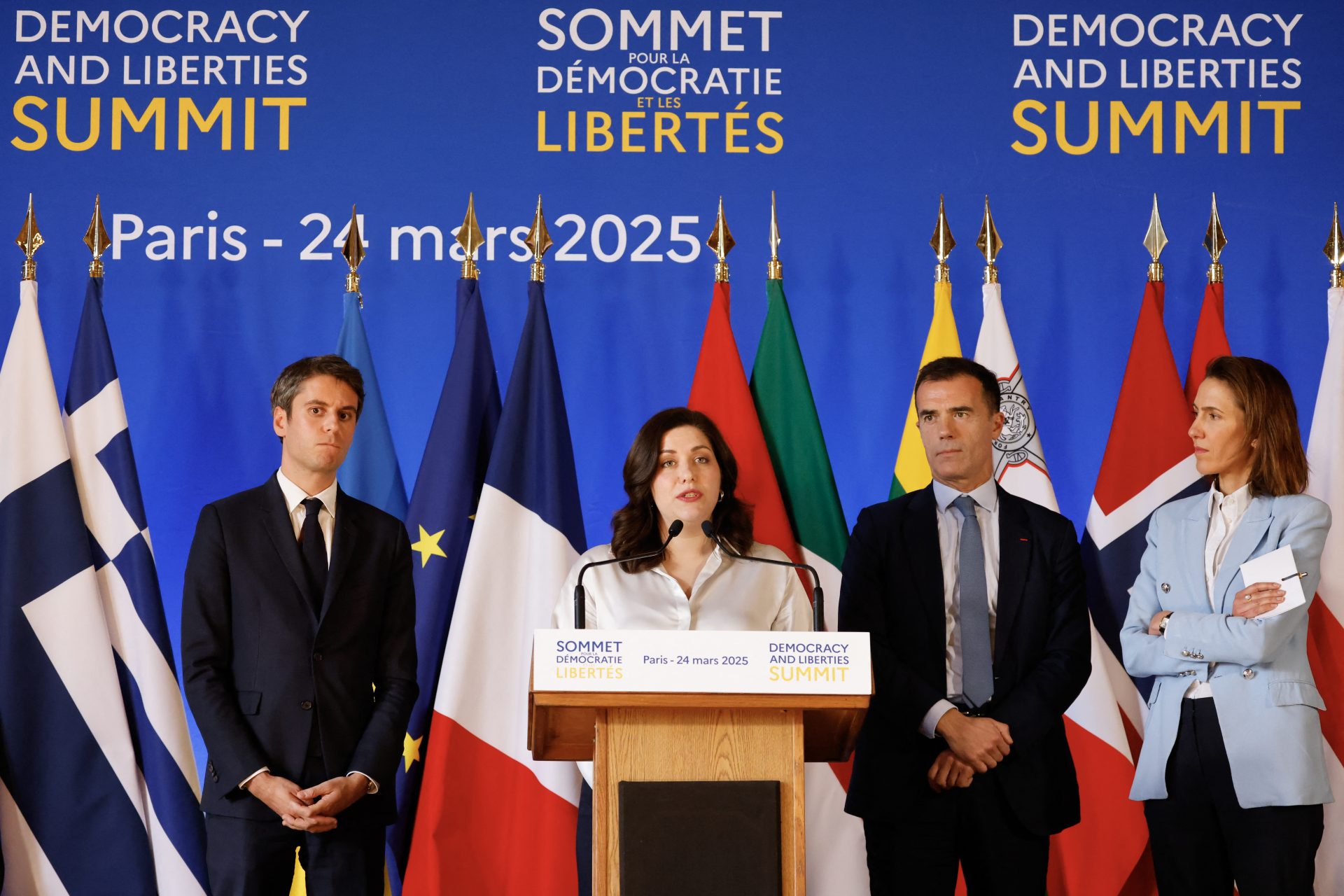
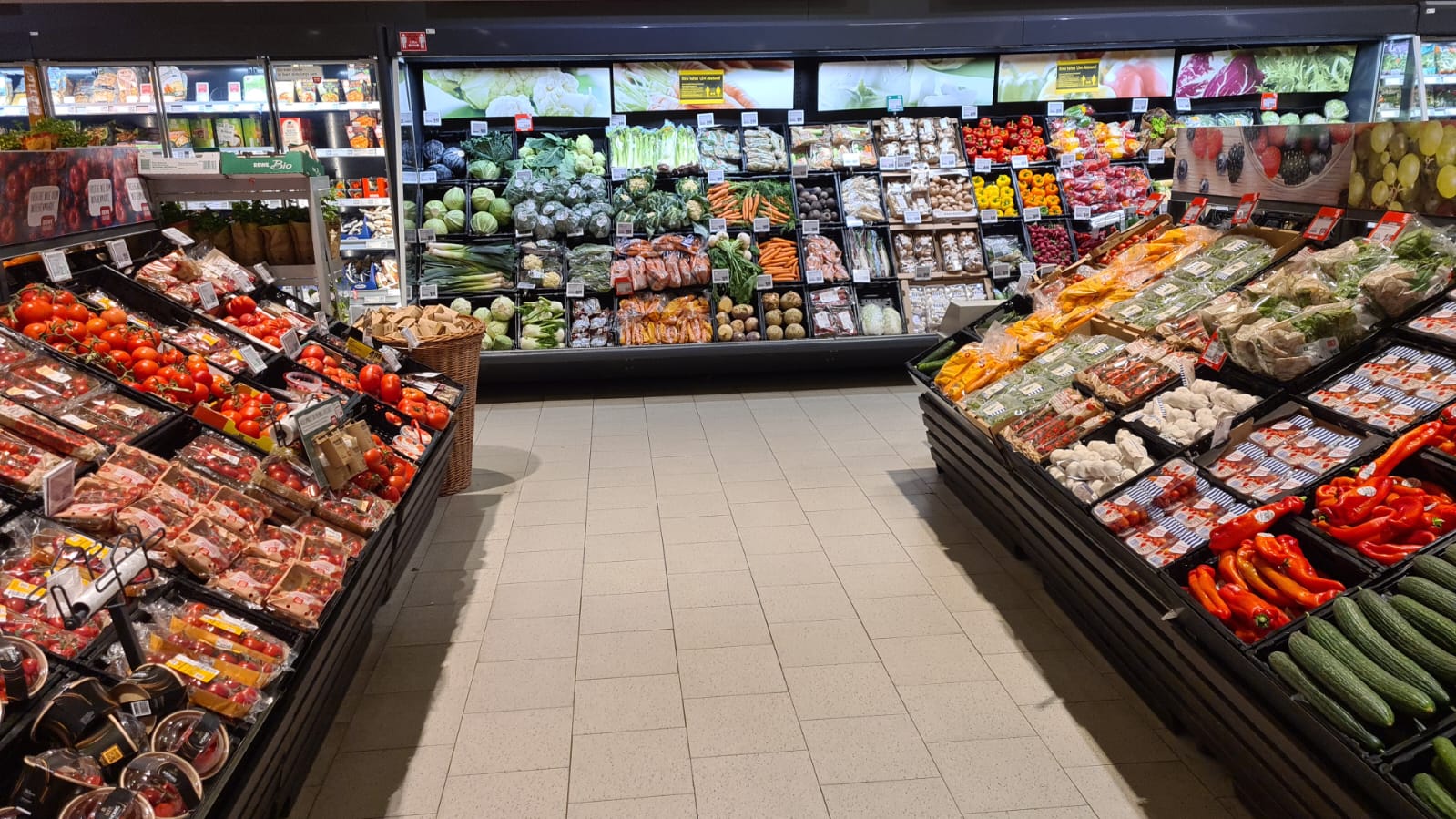
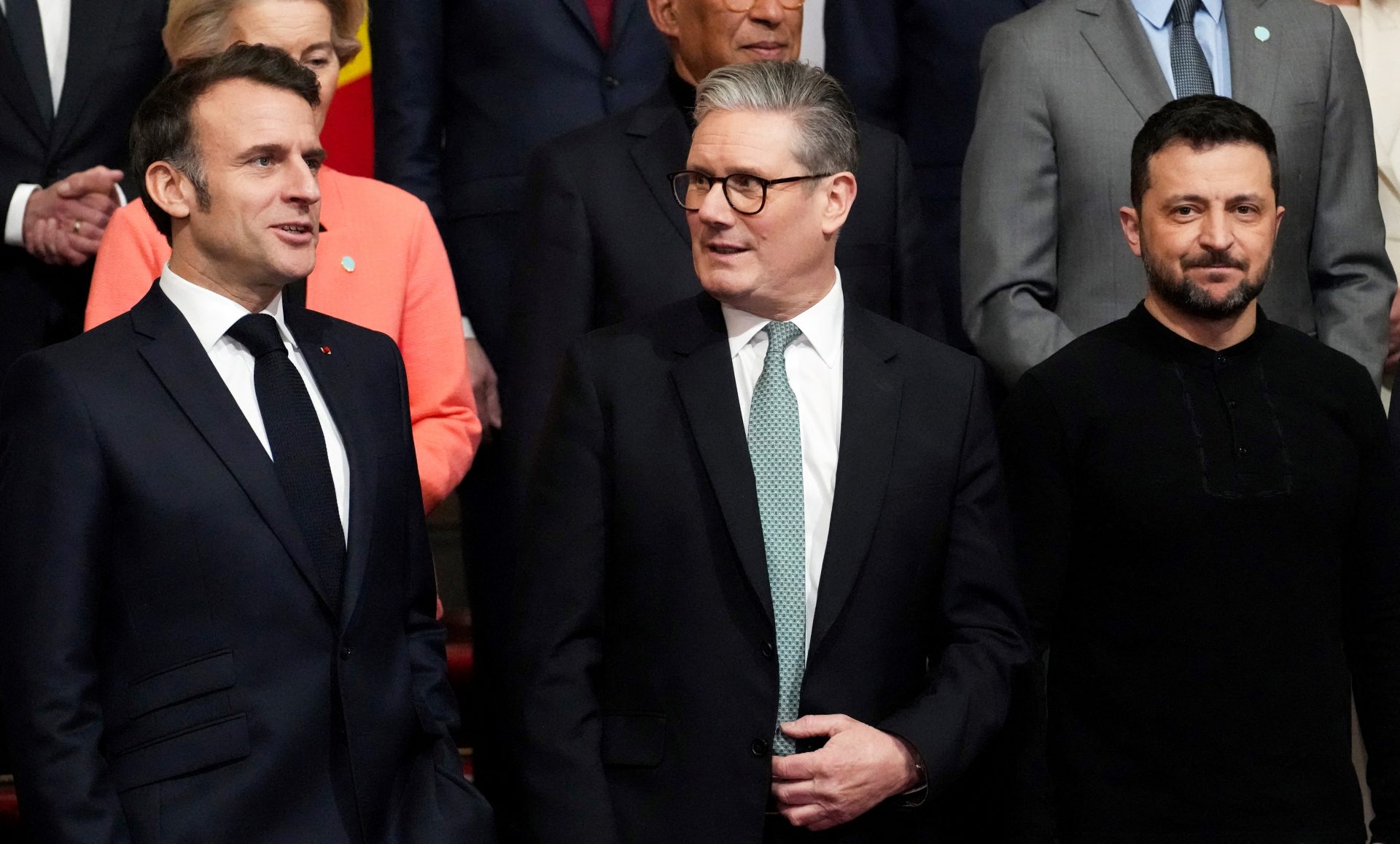

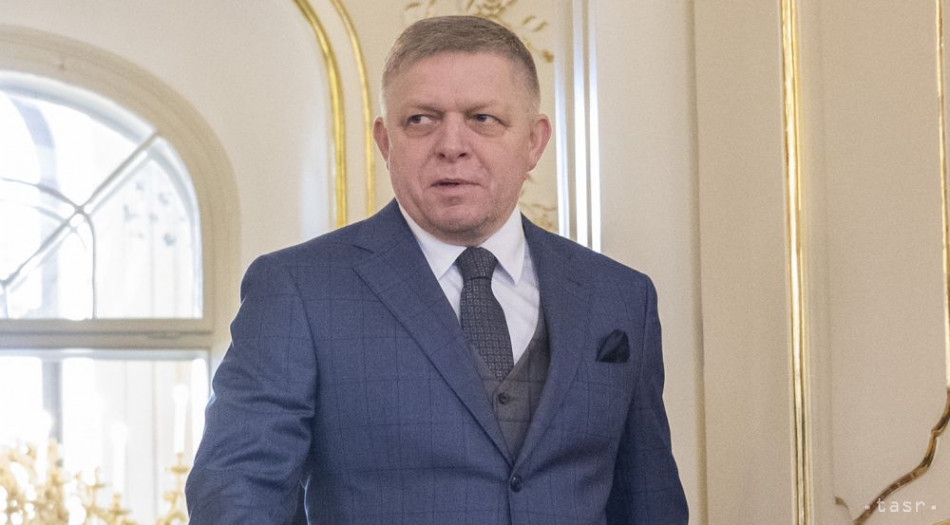


.png?Expires=1838763821&Key-Pair-Id=K2ZIVPTIP2VGHC&Signature=IO0~CT3pU-TcxGc~yoZSmoQx23MZVuK-~4jSii~NKEblRmyO3el7NXPu~Rh1o23voASg7hlcHLw4kvQuDK1jssEhcjoNBBvEpZ~GGOAU6yosBhpHpeF179F~h7i6VxmsBNh9gtTutkoqY73O2YCFey~IAqSzKbBqETP1kP9cAg1916Z1YkJJs-5MliMrkZ5d7-mWGLbpHp2wGj2VlMph8XzYlL4~y1O7fB~JdIS~Rs4RMRs2x0WT1qUIpHAsf3GdwtOyAmKFSpIg8xCyNGZZ5h~13nXlmpd7uPvW8tBfttpG9pFTqcway-uch5WyfHOEfi7UlJCOWrr6fCYY5PMgSg__)






